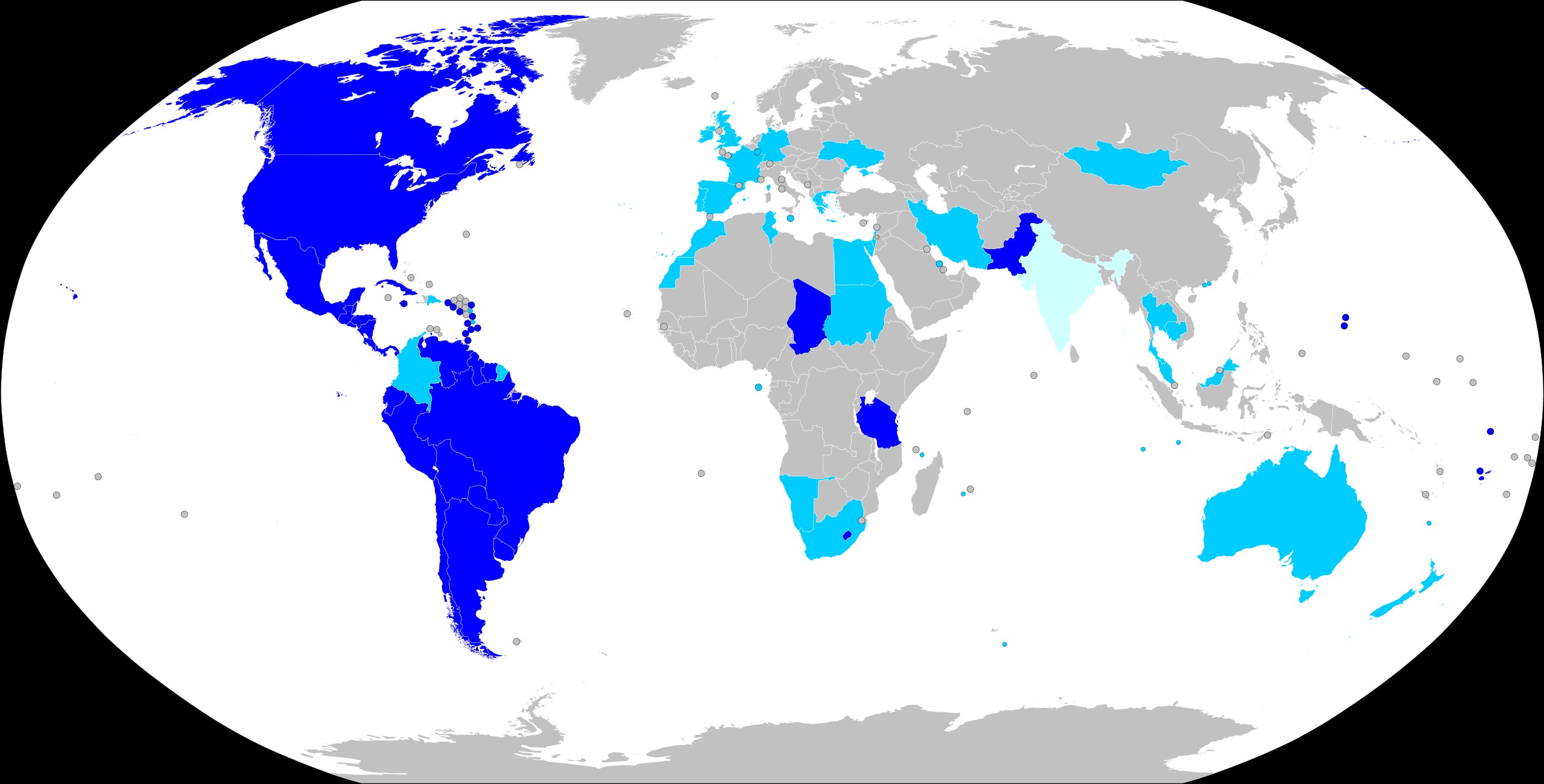Introduction
Malaysia’s citizenship laws and policies have roots deeply embedded in its colonial past, particularly during British rule. One significant aspect of this legal framework is the principle of jus soli (right of the soil), which played a pivotal role in shaping the country’s demographic and political landscape. This article explores the historical context of jus soli in Malaysia, examining the motivations behind its implementation by the British colonial administration and its lasting effects on the nation.
Historical Context
Malaysia, formerly known as Malaya, was under British colonial rule from the late 18th century until 1957. During this period, the British established a series of policies and legal frameworks to manage the diverse and multicultural population. The introduction of jus soli was one such measure, designed to address the complexities arising from significant immigration.
British Implementation of Jus Soli
1. Economic Motives and Labor Needs:
The British colonial economy in Malaya relied heavily on the labor of immigrant workers, particularly in the tin mining and rubber plantation industries. To support these sectors, the British encouraged large-scale immigration from China and India. By the early 20th century, the population of Malaya was ethnically diverse, comprising Malays, Chinese, Indians, and various indigenous groups.
2. Administrative Convenience:
Implementing jus soli simplified the administrative process for the British. It allowed them to grant citizenship to anyone born on Malayan soil, regardless of the parents’ nationality. This policy helped in managing the growing immigrant population and reduced bureaucratic complexities associated with determining citizenship through jus sanguinis (right of blood).
3. Social Integration and Stability:
The British believed that granting citizenship to children born in Malaya would foster a sense of belonging and loyalty among the diverse communities. By ensuring that the offspring of immigrants were citizens, they aimed to create a more stable and cohesive society. This policy was intended to mitigate potential ethnic tensions and promote social harmony.
Implementation and Its Effects
1. The Federation of Malaya Agreement (1948):
The formal codification of jus soli occurred with the Federation of Malaya Agreement in 1948. This agreement outlined that any person born in the Federation was automatically a citizen, reflecting the jus soli principle. This policy played a crucial role in defining the national identity and citizenship status of millions of residents in Malaya.
2. Post-Independence Adjustments:
After gaining independence in 1957, Malaysia continued to grapple with the implications of jus soli. The principle was enshrined in the Federal Constitution of Malaysia, although subsequent amendments introduced certain conditions and restrictions. For instance, the constitution specified that at least one parent had to be a Malaysian citizen or a permanent resident for the child to acquire citizenship by birth.
3. Ethnic and Political Dynamics:
The legacy of jus soli has had enduring impacts on Malaysia’s ethnic and political dynamics. The automatic granting of citizenship to those born in Malaya contributed to the multicultural and multi-ethnic makeup of the nation. However, it also led to complexities in managing ethnic relations and addressing the socio-economic disparities among different communities.
Conclusion
The implementation of jus soli in Malaysia by the British colonial administration was driven by economic, administrative, and social considerations. This policy played a significant role in shaping Malaysia’s demographic landscape and continues to influence its citizenship laws and ethnic relations. Understanding this historical context provides valuable insights into the nation’s current identity and the ongoing challenges in managing its diverse population. The legacy of jus soli underscores the intricate interplay between colonial policies and their long-lasting impacts on post-colonial states.

